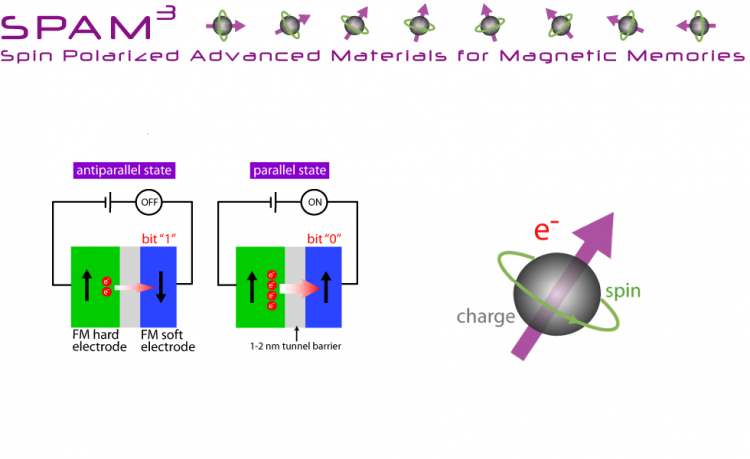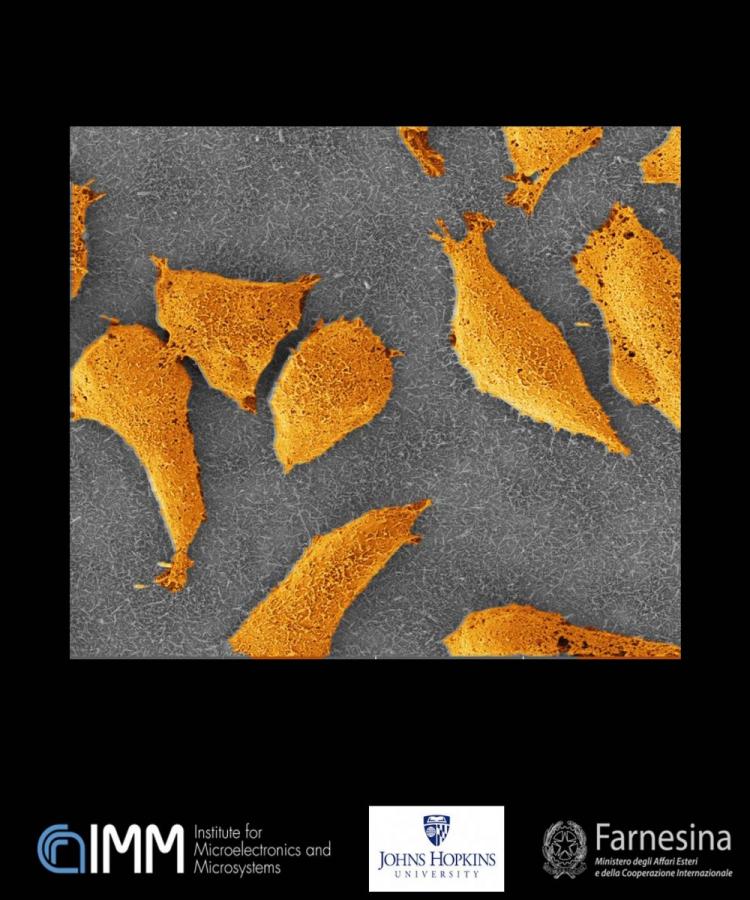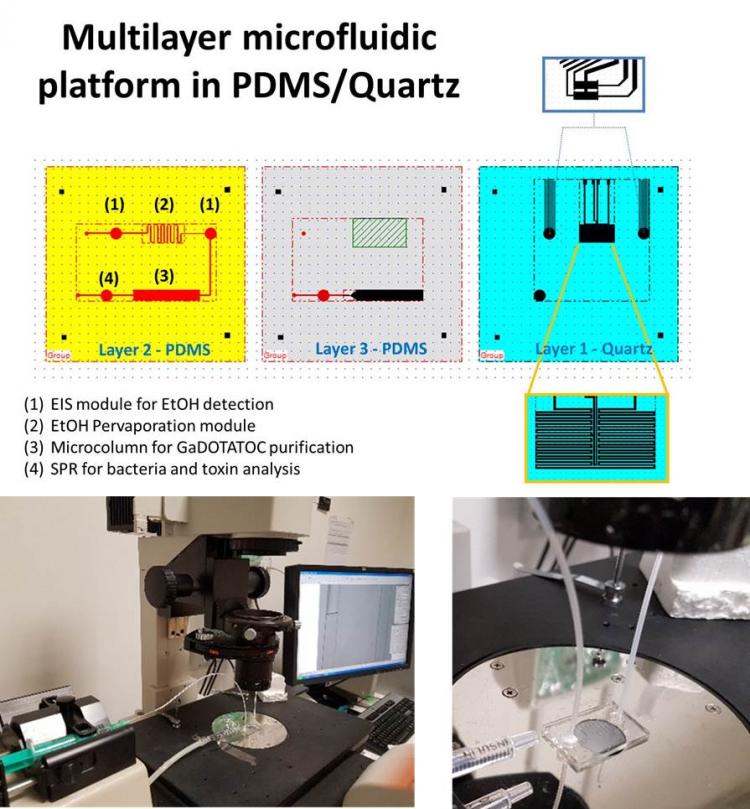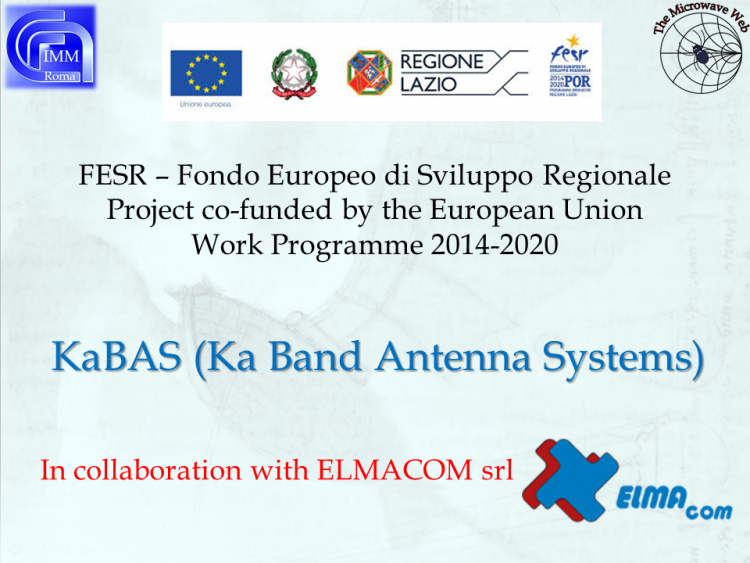
SPAM3 is a biennial national project developed at the MDM National Laboratory. The project is supported by the CARIPLO Foundation. The aim of SPAM3 is to develop efficient and cost effective methods and processes for the fabrication of magnetic tunnel junctions (MTJ) in which the magnetization reversal of the soft ferromagnetic (FM) electrode is guided by the spin transfer torque (STT) mechanism. MTJs are the basic elements in "Magnetoresistive Random Access Memories" (MRAM), which are among the best candidates for replacing the current CMOS-based nonvolatile memory technology. The MTJs core is constituted by two FM electrodes (soft and hard/pinned) separated by a tunnel barrier, usually consisting of a non magnetic oxide. The data are stored as the (soft) FM electrodes magnetization. Standard MTJs are written by employing externally induced magnetic fields, an approach that intrinsically limits the scalability of a memory array. The STT mechanism opens the way for scalable devices: a spin-polarized current injected from a hard/reference FM electrode (spin polarizer) reverses the magnetization of a soft/free FM electrode, thus providing a way to control the spins orientation with spin polarized electric currents rather than magnetic fields.





